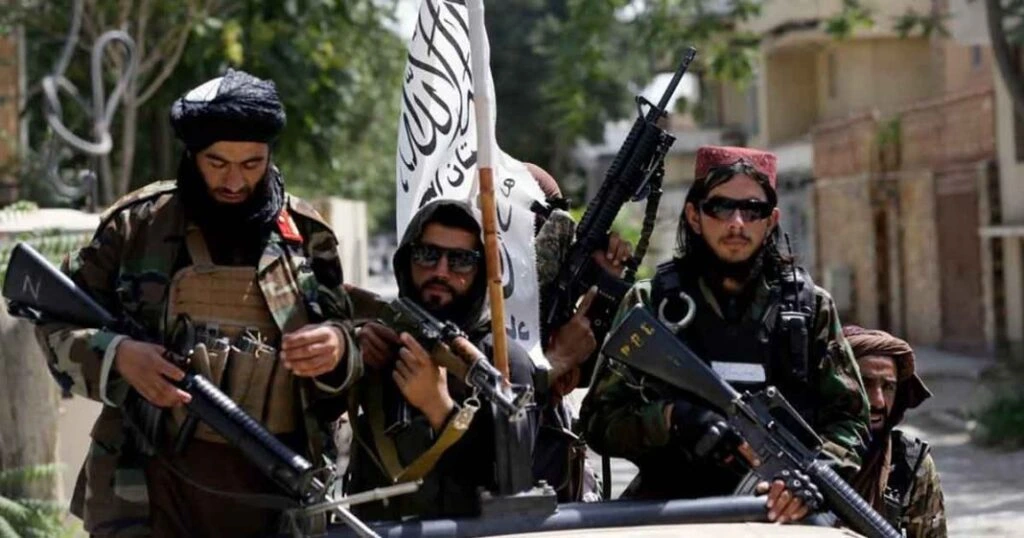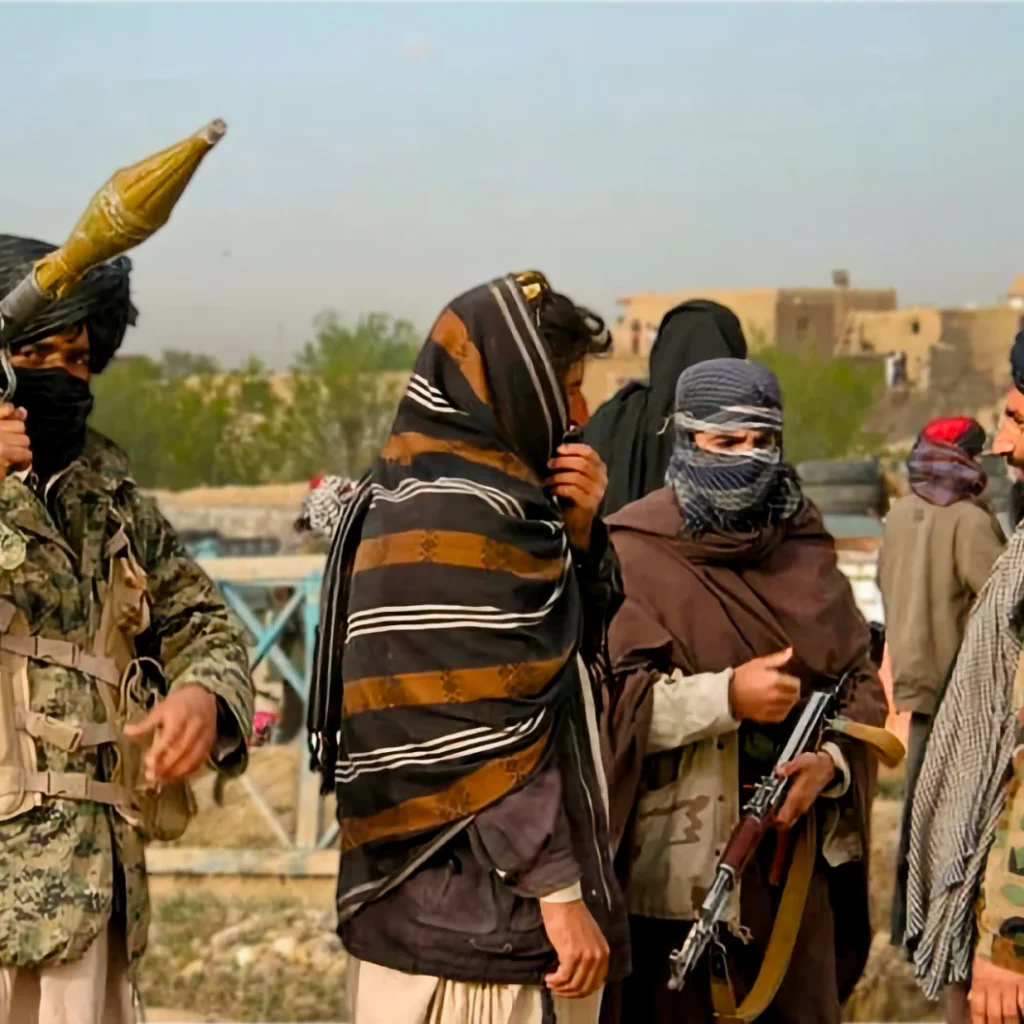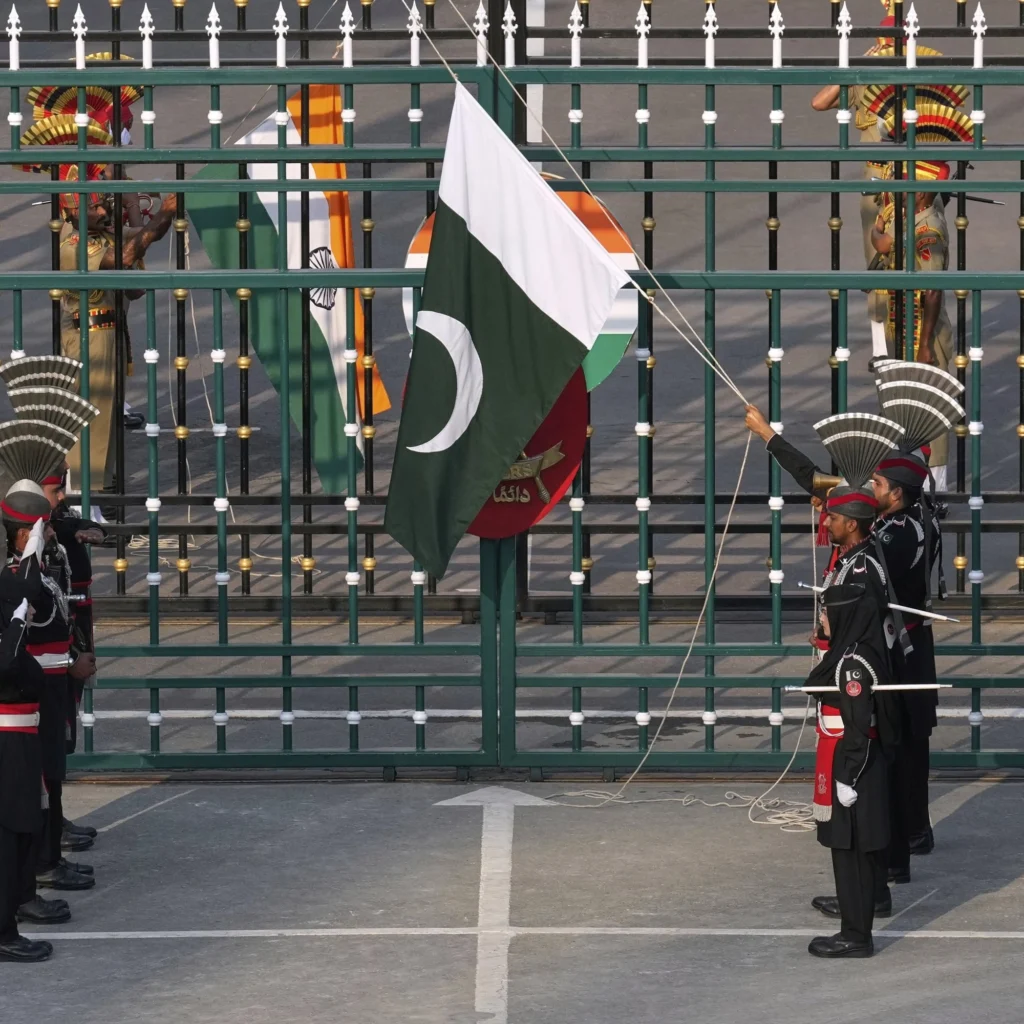Between Security and Privacy: Contextualizing Amnesty’s Claims on Pakistan’s Surveillance

Amnesty International’s Shadows of Control paints a bleak picture of Pakistan’s digital surveillance. Yet by sidelining the country’s acute security challenges, dismissing existing legal safeguards, and overlooking its own credibility issues, the report offers a partial and misleading narrative. A more balanced approach requires situating surveillance within Pakistan’s counterterrorism imperatives and recognizing the global double standards at play.
Afghan Propaganda Targets Pakistan Amidst Escalating Terror Nexus

On August 27, Afghan officials once again accused Pakistan of strikes in Khost and Nangarhar, without evidence. This fits a growing pattern where Kabul uses propaganda to deflect attention from its role in harboring groups like TTP, Al-Qaeda, and ISKP, leaving ordinary Pakistanis to bear the human cost of cross-border terrorism.
Peace Conferences versus Terror Sanctuaries

A two-day peace conference in Islamabad sparked Afghan criticism, yet Kabul itself shelters groups like the TTP and BLA, fueling instability.
India’s Hostile Strategy Against Pakistan: A Historical and Geopolitical Perspective

Since 1947, India has pursued a consistent strategy to undermine Pakistan—from Kashmir and the 1971 war to today’s subversion in Balochistan—posing enduring threats to Pakistan’s sovereignty.
The Jirga That Spoke, and Said Nothing About Terror

A tribal jirga in Mirali demands an end to Pakistan’s military actions against the TTP, yet fails to condemn terrorism, exposing a complex security dilemma. The state’s strategic restraint, tribal politics, and cross-border tensions with Afghanistan all converge in this growing crisis.
